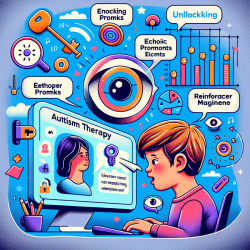Introduction
In the realm of child development, especially among vulnerable populations such as AIDS orphans, fostering a supportive environment is crucial. The research article titled Subjective well-being among AIDS orphans in southwest China: the role of school connectedness, peer support, and resilience provides valuable insights into how external and internal assets contribute to the subjective well-being of these children. This blog aims to translate these findings into actionable strategies for practitioners working with children in similar contexts.
The Importance of School Connectedness
School connectedness is identified as a significant external asset that positively influences the subjective well-being of AIDS orphans. It refers to the sense of belonging and acceptance that students feel within their school environment. Data from the study suggests that children with higher levels of school connectedness exhibit fewer mental health issues such as depression and anxiety. Practitioners can enhance school connectedness by:
- Creating inclusive classroom environments where every child feels valued and supported.
- Encouraging positive interactions between students and teachers.
- Implementing school-wide initiatives that promote a sense of community and belonging.
Leveraging Peer Support
Peer support is another crucial factor that enhances the well-being of AIDS orphans. The study highlights that having a network of caring friends can provide emotional and practical support, which is vital for these children. Practitioners can foster peer support by:
- Facilitating group activities that encourage teamwork and mutual support.
- Training peer mentors to provide guidance and support to their classmates.
- Encouraging open communication and empathy among students.
Building Resilience
Resilience, an internal asset, plays a mediating role between external supports and subjective well-being. The study shows that resilience can buffer the negative effects of adversity and stress. Practitioners can enhance resilience by:
- Providing training on stress management and emotional regulation.
- Encouraging optimistic thinking and problem-solving skills.
- Creating opportunities for children to experience success and build confidence.
Conclusion
The research underscores the importance of a holistic approach to supporting AIDS orphans. By focusing on both external assets like school connectedness and peer support, and internal assets like resilience, practitioners can significantly improve the subjective well-being of these children. This approach not only addresses immediate needs but also lays the foundation for long-term positive outcomes.
To read the original research paper, please follow this link: Subjective well-being among AIDS orphans in southwest China: the role of school connectedness, peer support, and resilience.










